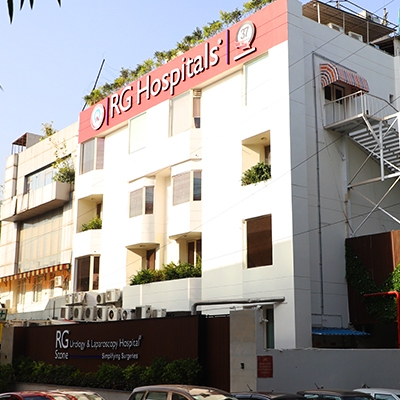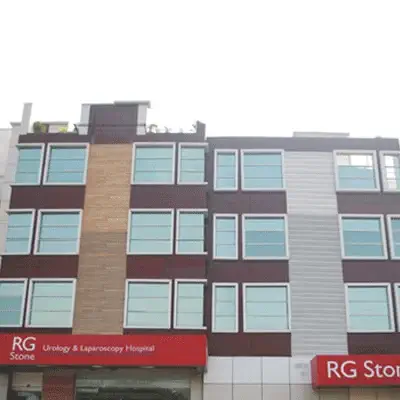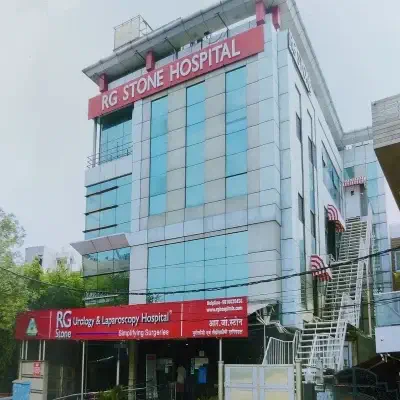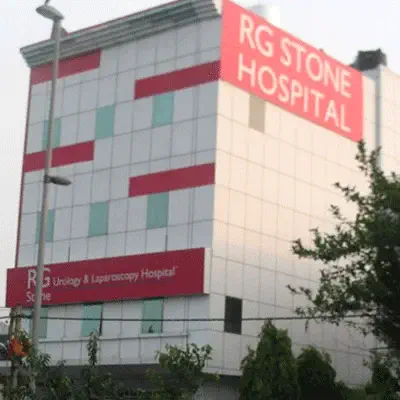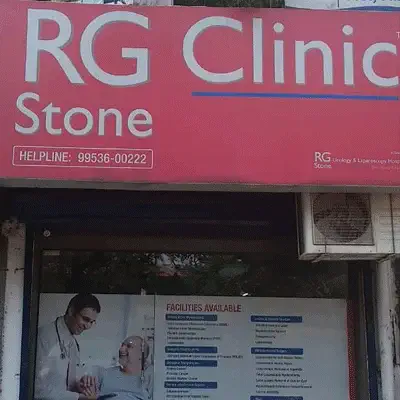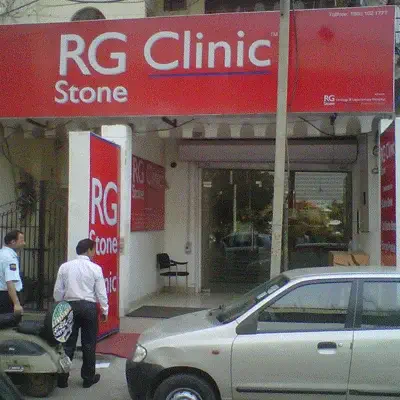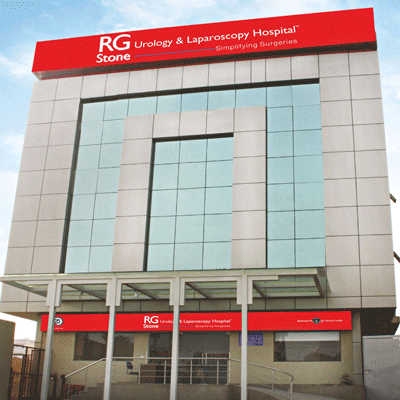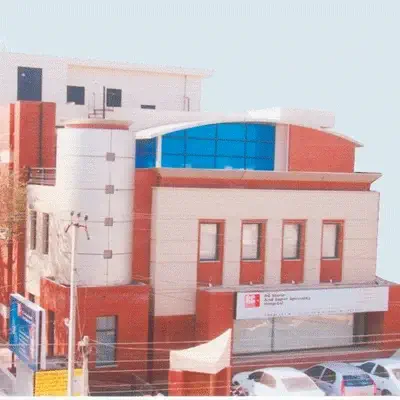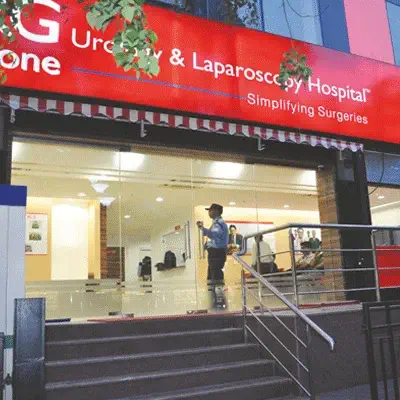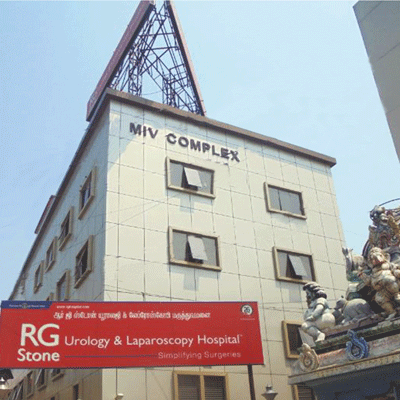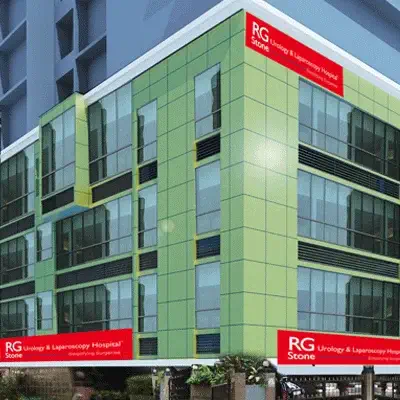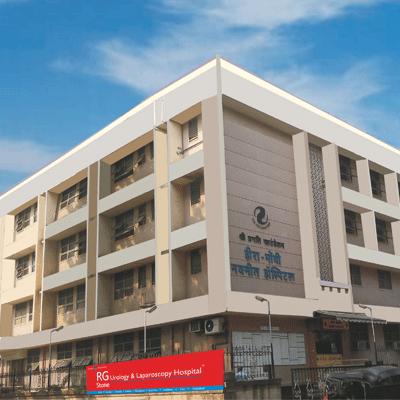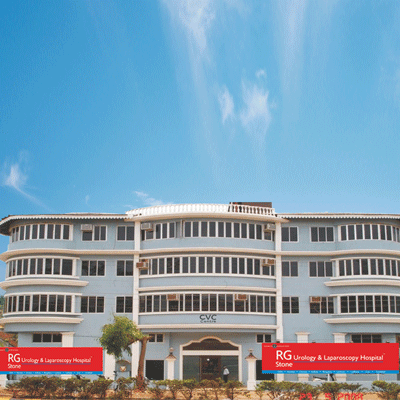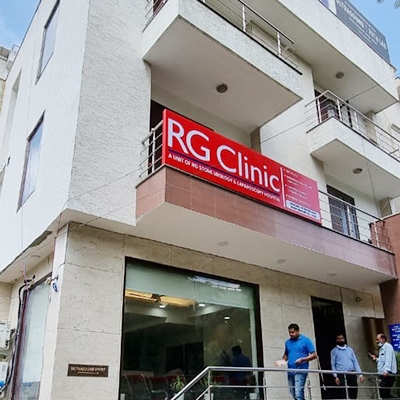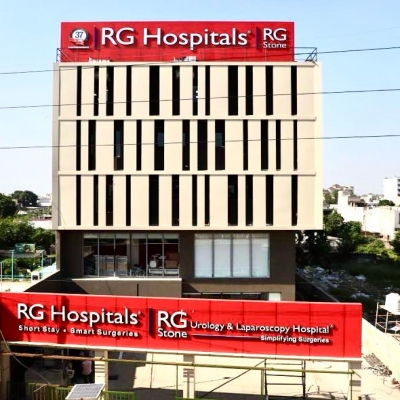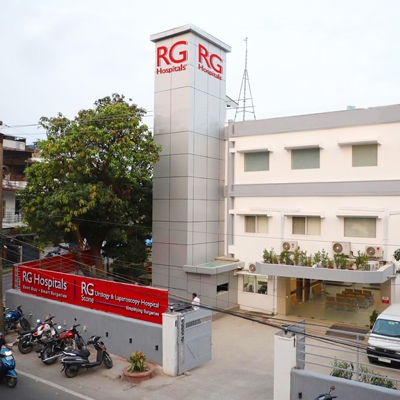An arteriovenous (AV) fistula is a surgically created connection between an artery and a vein, typically in the arm, designed to provide easy access for dialysis in patients with chronic kidney failure. The fistula allows blood to flow efficiently into the dialysis machine, which filters waste and excess fluids from the blood. Dialysis is a life-saving treatment for patients with kidney failure who cannot perform these functions naturally. An AV fistula is preferred over other dialysis access methods due to its lower risk of infection and longer lifespan.
Procedures & Interventions
AV fistula creation is a surgical procedure that connects an artery to a vein, typically in the arm, to create an access point for hemodialysis. Over time, the vein becomes enlarged and stronger, providing a durable and reliable access for dialysis treatments. The procedure typically requires a few weeks to months for the fistula to mature, making it ready for use. This option is considered the gold standard for dialysis access due to its lower risk of complications, such as infection or clotting.

AV fistula creation is a surgical procedure that connects an artery to a vein, typically in the arm, to create an access point for hemodialysis. Over time, the vein becomes enlarged and stronger, providing a durable and reliable access for dialysis treatments. The procedure typically requires a few weeks to months for the fistula to mature, making it ready for use. This option is considered the gold standard for dialysis access due to its lower risk of complications, such as infection or clotting.





Team of Excellence
Behind every recovery story at RG Hospitals is a team of exceptional doctors whose passion for healing and innovation continues to transform healthcare and redefine patient outcomes.
Find a DoctorLooking for an Expert
RG Hospitals is proud to be the home of some of the world's most distinguished doctors.

Patient Stories
View AllPatient Testimonial | Commitment To Care
Treated by Dr. Manoj Gupta , RG Stone Hospital, Dehradun
- All Locations
- New Delhi
- Haryana
- Punjab
- Kolkata
- Chennai
- Mumbai
- Goa
- Uttar Pradesh
- Uttarakhand


